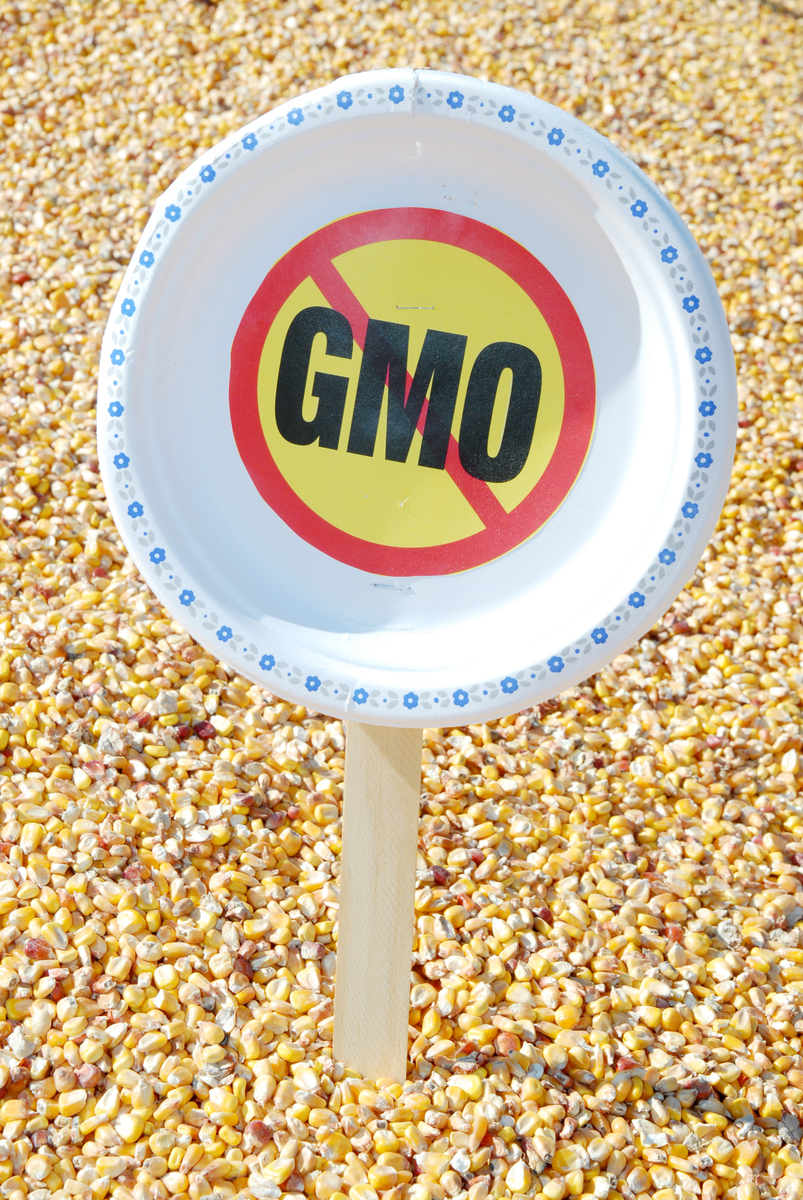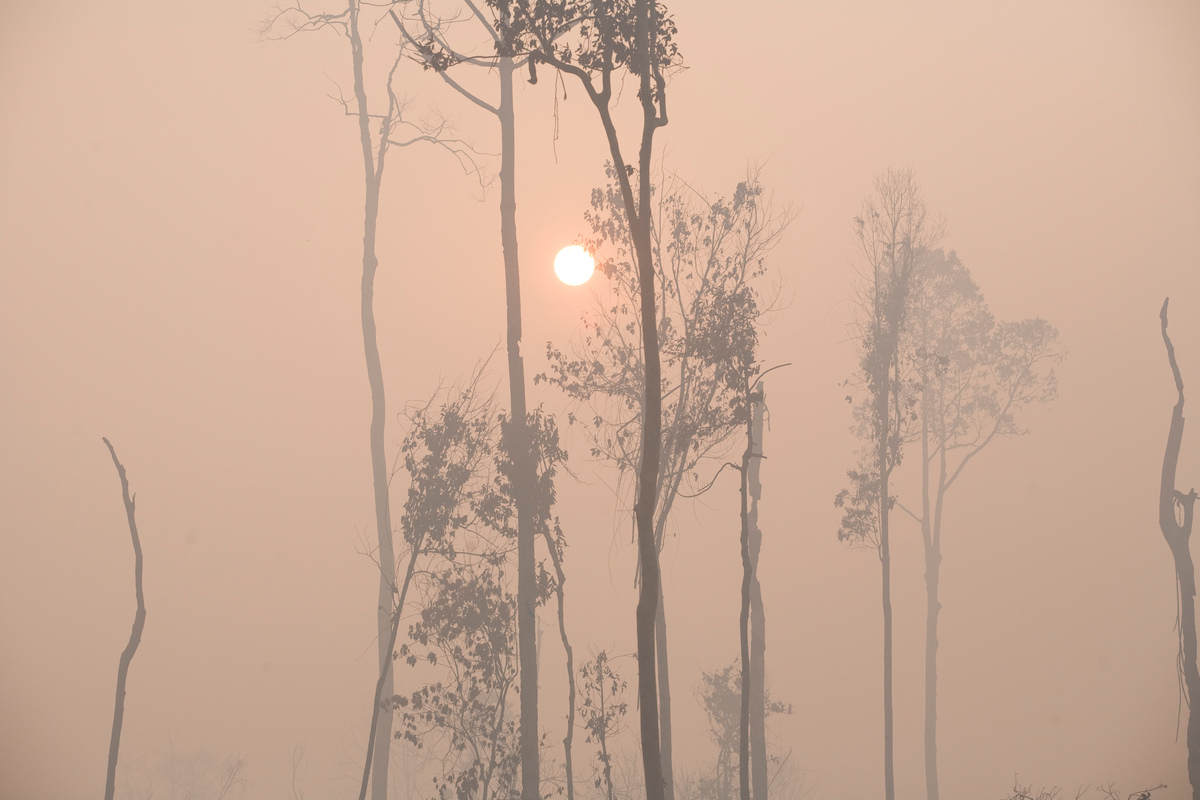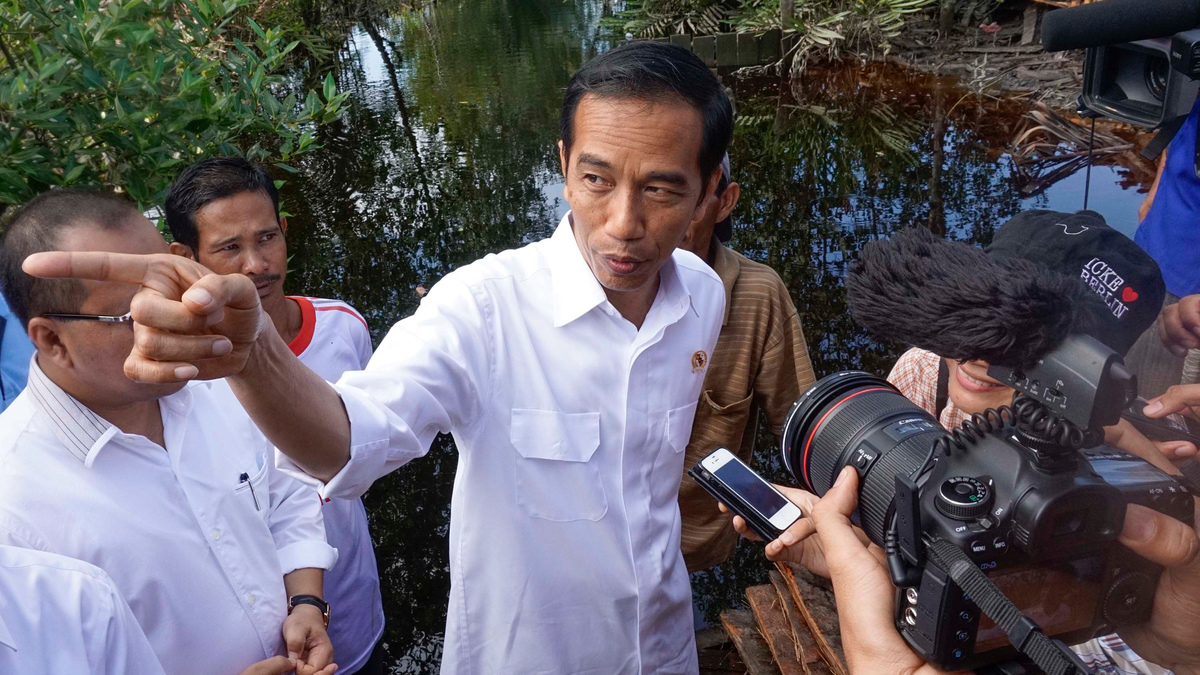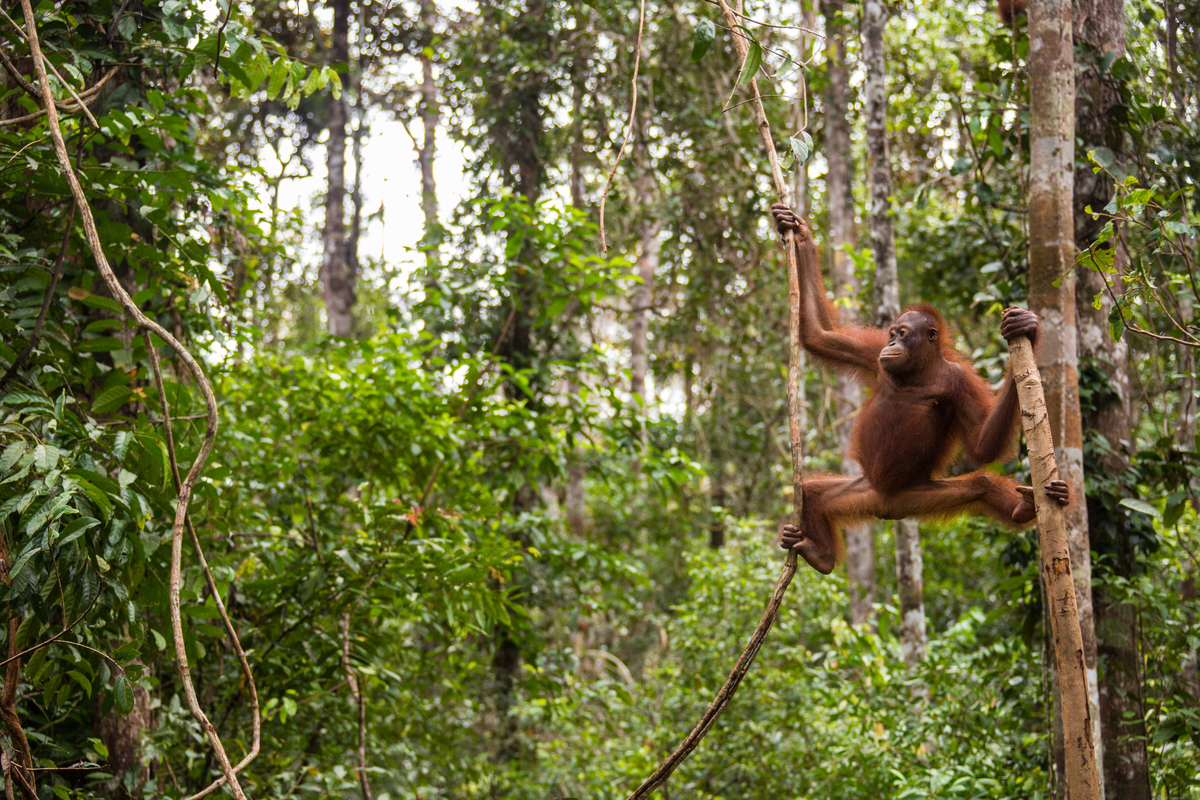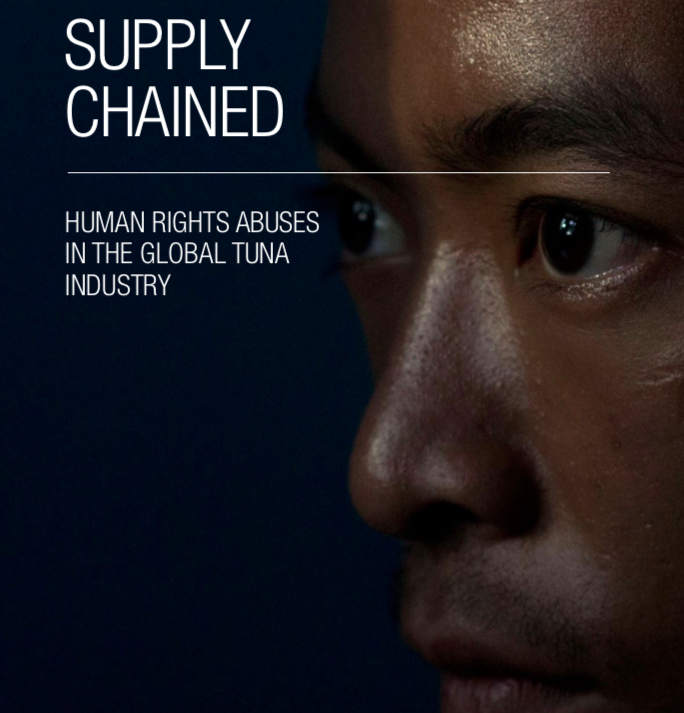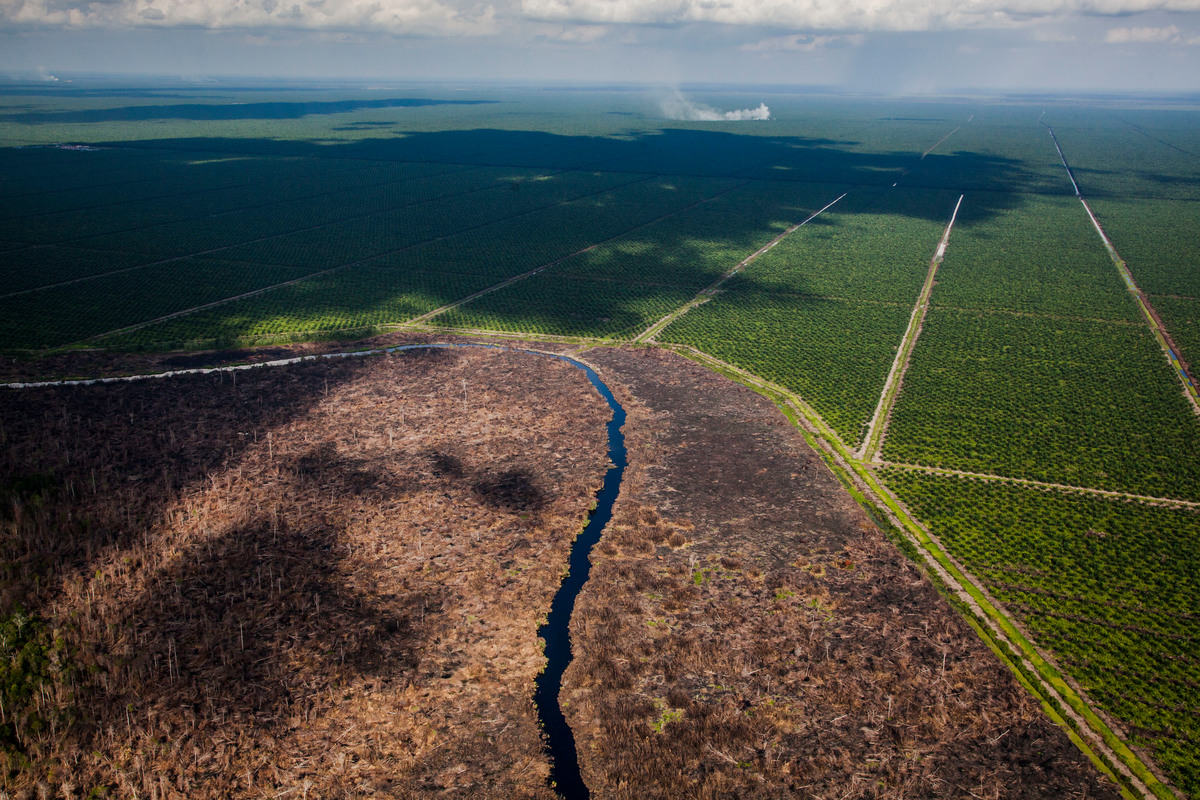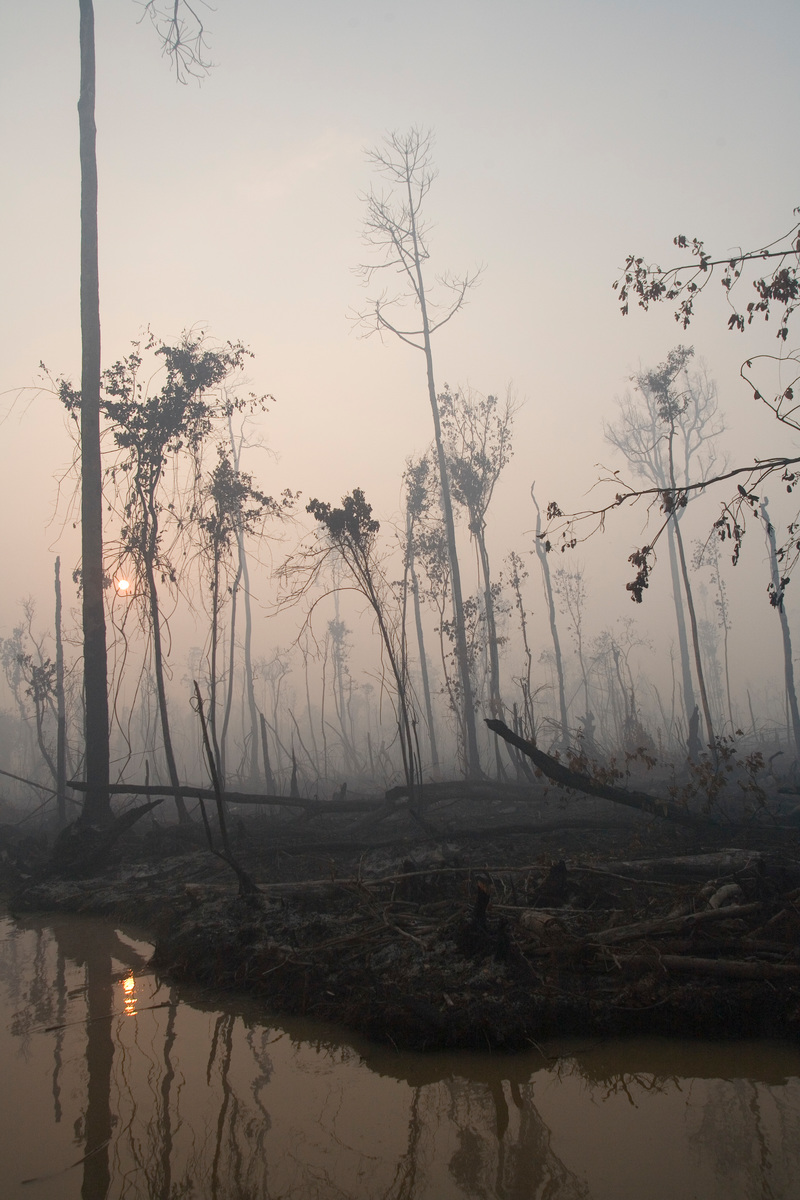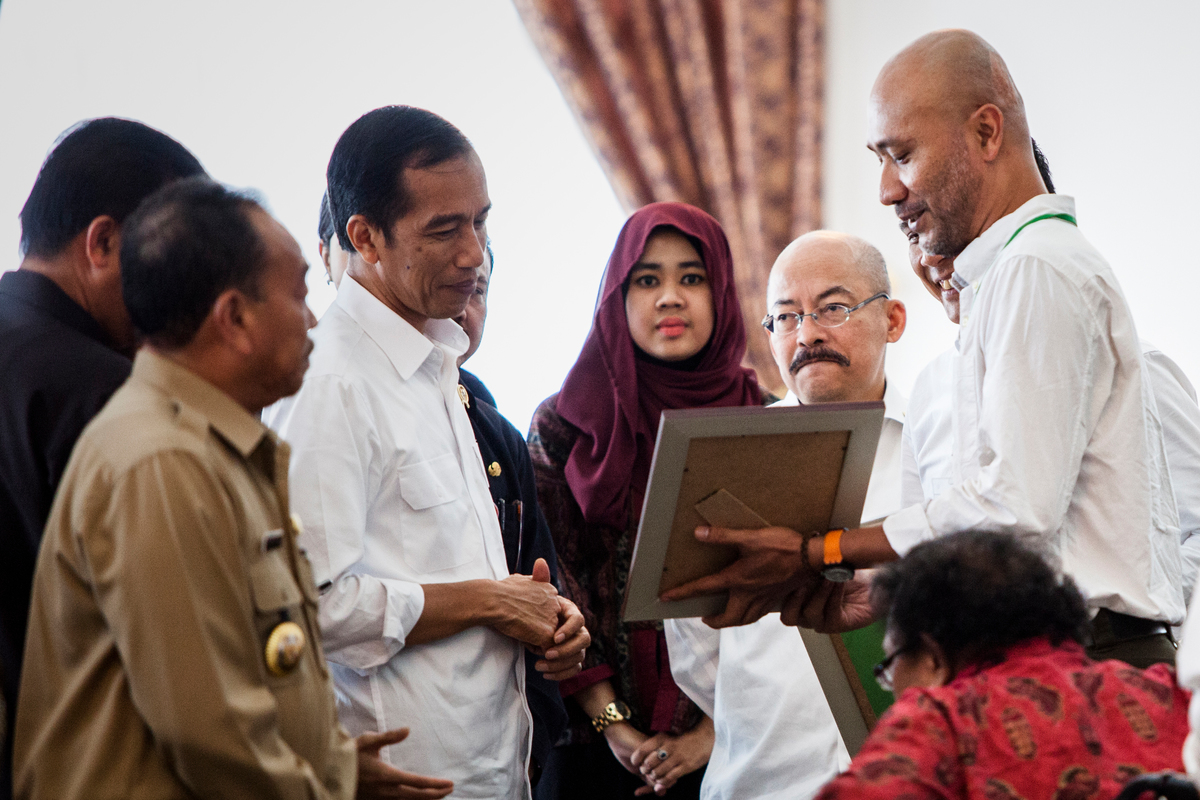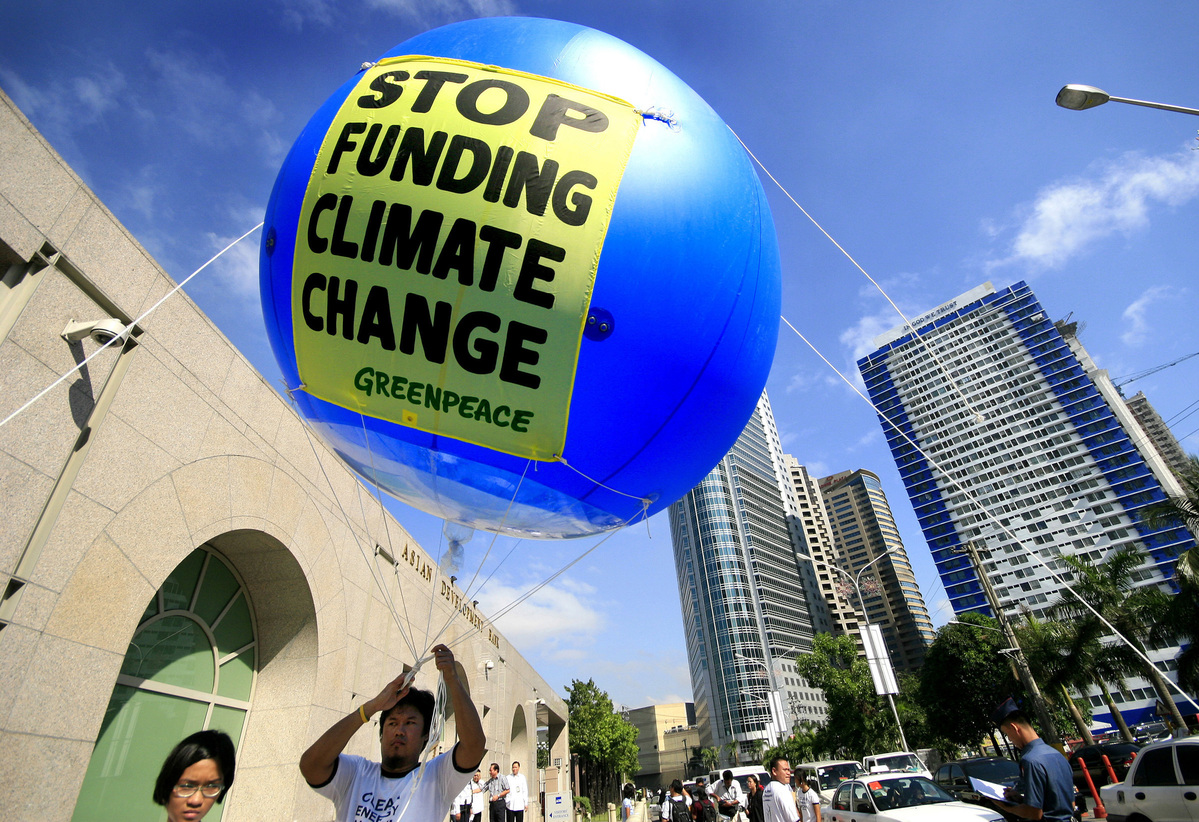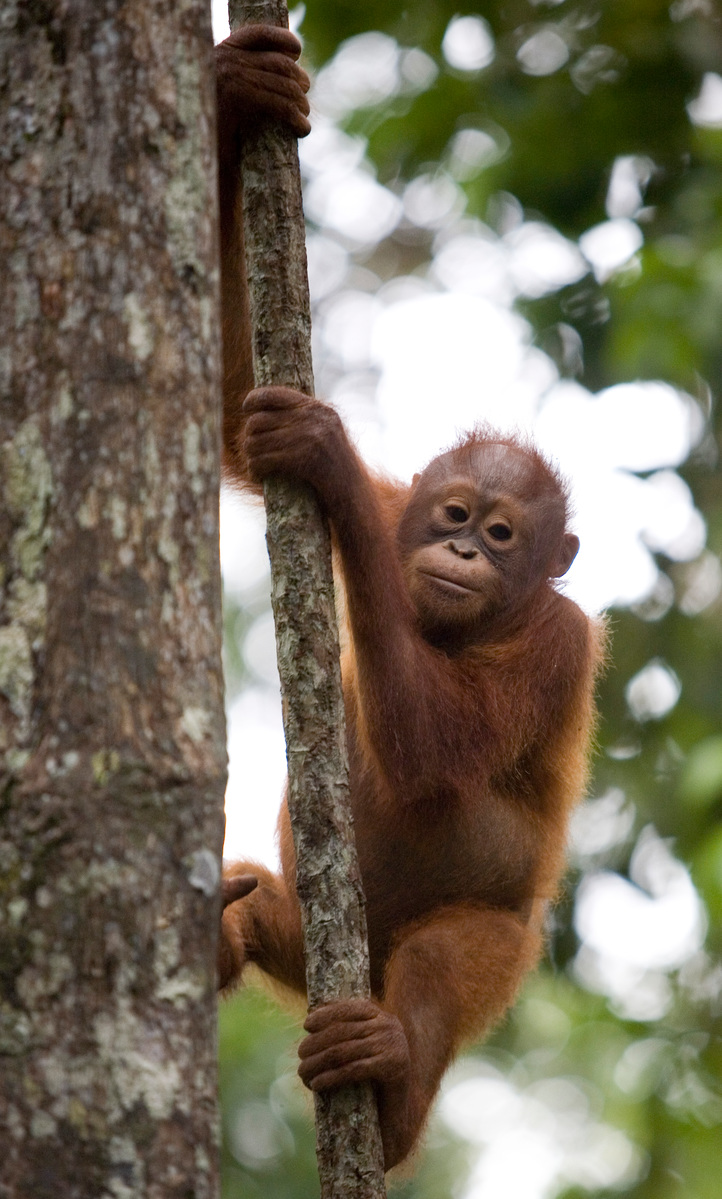-
Stop GMOs and protect food sovereignty in Thailand
The draft Biosafety Act B.E....., proposed by the Natural Resources and Environment Ministry (MREN), was approved by the cabinet on the 24th November 2015. However, the draft Biosafety bill is waiting for an approval from the National Legislative Assembly (NLA) for final consideration.
-
Community dam in Kalimantan builds a solution to Indonesian forest fires and climate change
Greenpeace together with CIMTROP and SOB today took bold direct action showing the way towards a future grounded in rainforest and peatland restoration, tackling the causes of this year’s disastrous fires.
-
President Joko Widodo’s peatland ban ‘sets the bar’ for action on climate change
Greenpeace welcomes a new Indonesian government policy immediately banning clearance and exploitation of peatland across Indonesia, and requiring drainage canals to be blocked to raise groundwater levels close to the peat surface, to avoid peat fires.
-
Greenpeace exposes recently burnt Indonesian forest replaced with palm oil
New photos and video released today by Greenpeace Southeast Asia show freshly planted palm oil saplings on deforested peatland where several fires have recently broken out at the edges of an orangutan sanctuary.
-
Supply Chained
Human rights abuses in the global tuna industry
-
An open letter to the plantation industry in Indonesia
Read our Open Letter to the Plantation Industry in Indonesia
-
Greenpeace calls on Indonesia’s plantation industry to adopt Fire Action Plan
Greenpeace has launched a challenge to the plantation industry to respond to the devastating scale of the forest fires crisis
-
End Indonesia’s fires by ending forest and peatland destruction
Environmental NGOs including Greenpeace met with President Joko Widodo at the palace on Friday to discuss solutions to the peatlands and forest fires crisis.
-
Statement of Greenpeace Southeast Asia on the climate plans of the oil majors ahead of UN summit
The climate plans that will be released today by the oil majors – Shell, BP, BG Group, Saudi Aramco, Sinopec, Pemex, Total, and ENI - make a mockery of the global efforts to address climate change.
-
UAV footage of massive forest fires as Indonesia’s carbon bomb explodes
Critical orangutan habitat under threat as forest fires encircle Gunung Palung National Park in Kalimantan, Indonesian Borneo.

